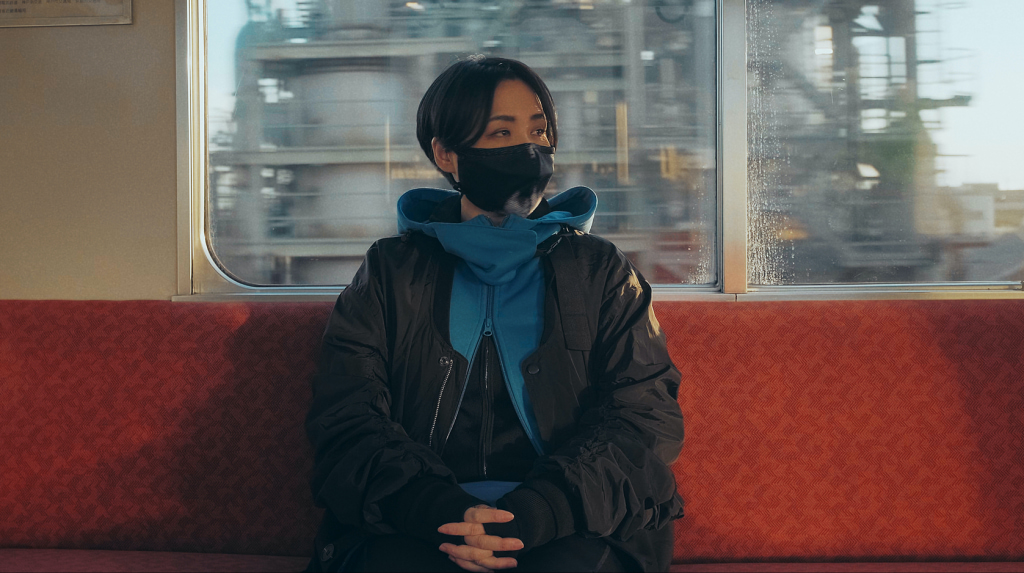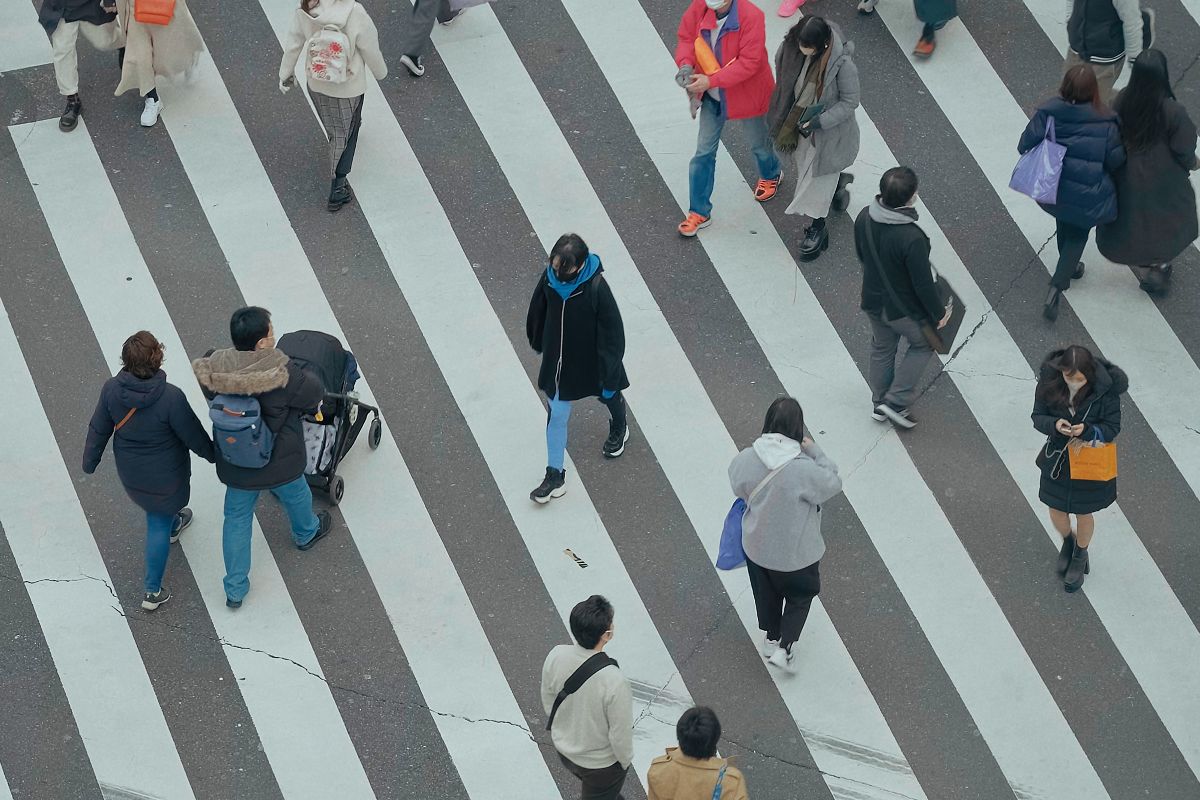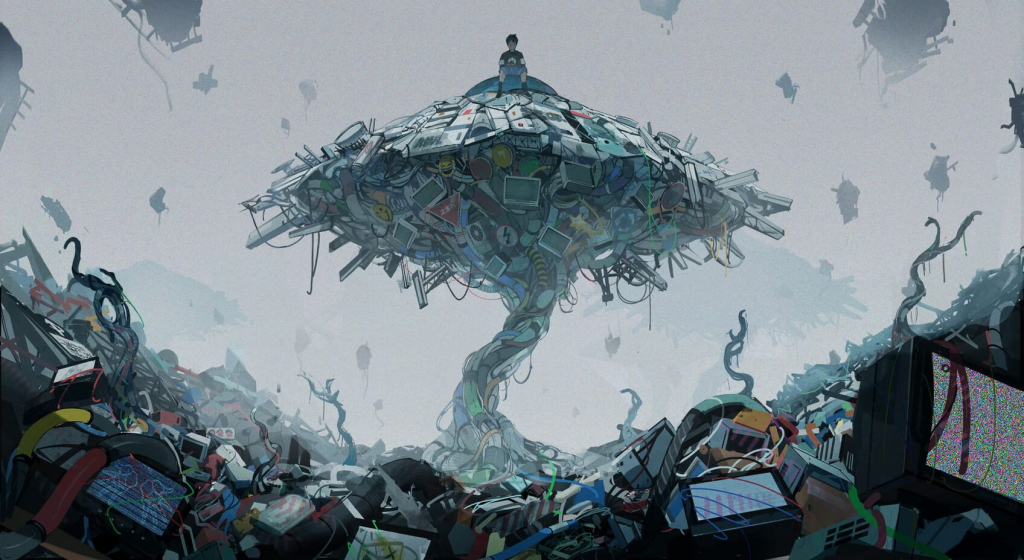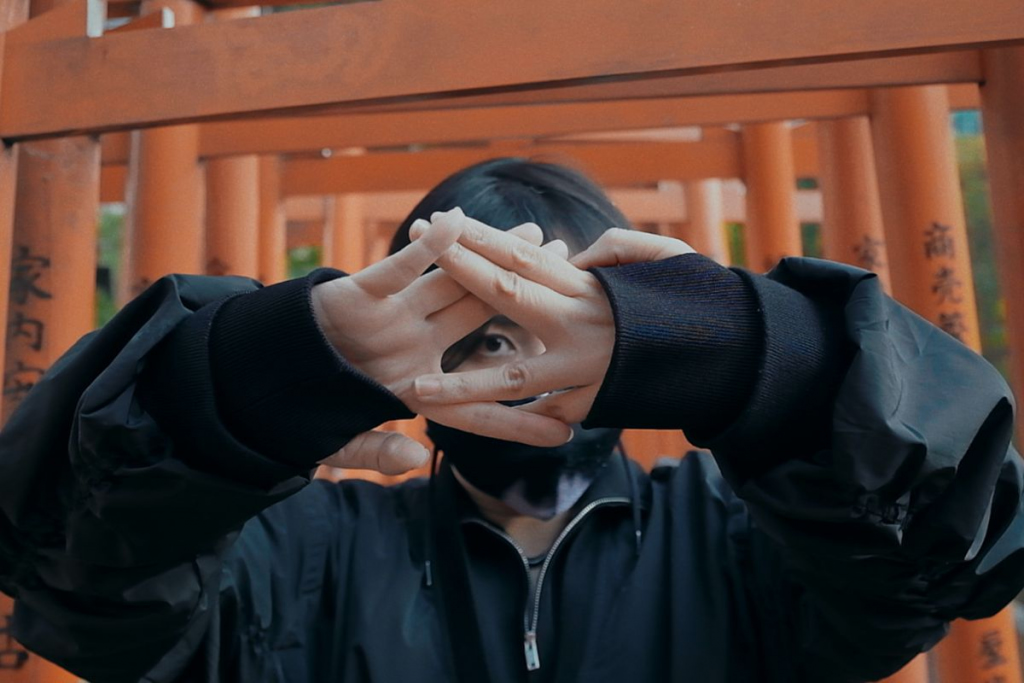Ikumi Nakamura is the CEO of the newly-opened game studio, Unseen (stylized as UNSEEN). She brings her own extensive experience and open world view into the traditionally closed culture of Japanese game design. Nakamura shot to prominence with a memorable speech at gaming convention E3 in 2019, which went viral thanks to her friendly character and wit.
Her passion for horror games contrasts with her upbeat personality. Nakamura was massively influenced by her late father, who showed her movies such as The Return of the Living Dead when she was still in kindergarten. Not only that, he also encouraged her to play Biohazard and took her to haunted places in the middle of the night. This all piqued her interest in the world of horror and the unknown, especially the former.
“I got into Capcom to make horror games and I ended up making Okami,” she says. “It was a bit of a realization – ah, it’s not just horror games, is it?”

Career Beginnings
Nakamura began her career at Capcom in 2004, having set her sights on working there since middle school.
“I looked for the designers of Biohazard and from then on I made it my goal from middle school through to university, to enter the company,” she says.
She moved around before ending up at Bethesda, when she shot to fame with her presentation at E3, before leaving the company citing health reasons that same year. She then traveled around the world, becoming friends with other game designers and key players in the gaming community.
Nakamura is animated as she speaks about the people she met on her travels, emphasizing how the global community differs from the community back in Japan. When asked who she’d like to collaborate with, she says Cory Barlog (Sony Santa Monica Studio). “It seems like he is truly loved by his team,” she adds.
She speaks with laughter about the time she sat next to Elon Musk at The Game Awards, accidentally calling him ‘Mr. Tesla Musk.’ He laughed it off, leading to her interest in a collaboration with him and on-off partner, Grimes. Alongside their well-documented love of anime, she says, “If we could work together to create a game from scratch, I think we could create something extraordinary.”

The Dark Side of Game Design
In the gaming world, especially in Japan, the majority of its key players are male. This obvious gender disparity does not come without its problems. Without Nakamura’s aforementioned drive and determination, it’s possible that she would have given up on game designing herself.
Many of her peers quit two to three years after starting, citing poor physical and mental health. Indeed, it is well documented that companies such as Capcom had employees sleeping under desks and working around the clock.
Nakamura also mentions a lack of support for development. Then there’s discrimination, with no females in management positions at the companies she worked at. She speaks of how she’d like to change this by creating, in Unseen, a studio where “people can look at the studio and think ‘I want to be like that too.’”
It’s clear that Nakamura has been influenced in no small part by her international connections. She talks about visiting studios around the world and how they subsequently persuaded her to start her own.
“The striking difference [was] in the working environment for developers compared to Japanese studios. These studios provided a fun, enjoyable environment,” she says. “I wondered if it would be possible to open a place, or studio, where developers could create games with all their heart and soul as artists?”
Receiving encouragement from the global scene gave her a push in the right direction. It also gave her the confidence to approach Japanese developers and promote the idea.
“As a developer myself, I wanted to create a studio that would incorporate many of the wishes developers have,” she says.

Ikumi Nakamura’s New Venture
Unseen aims to be a home away from home and she’s thankful that remote work became the norm during the pandemic.
“We try to create an atmosphere where [artists] do not feel constrained by their time,” she says. “We have a system that makes it easy for them to adjust their life to work, such as taking a walk, going to the hospital, or picking up and dropping off their children.”
She is keen to embrace an open plan, flexible working style, gleefully claiming, “We did away with the old ‘salaryman’ office style.” She then proceeds to show us an office that does indeed have a very open-plan.
Nakamura, a parent herself, talks about innovations to assist working parents, rare for a Japanese company. Learning from the pandemic, the innovations ensure that employees needn’t be worried if there is no childcare available, as they can bring their children in.
“Unlike what we often see in Japanese dramas, artists won’t have to choose between work or family,” she says. “I want to make an environment where workers can have both these things.”

A Nurturing Space
When talking about her future plans for Unseen, Nakamura mentions gaming lessons and her passion to educate future generations. Emphasizing the importance of the role of a varied curriculum, she wants to teach children how to communicate, present and collaborate together in a multicultural environment, through game development.
Her dream is to have a children’s game design school, where children from the ages of five to 15 can work together to build a game from scratch. And in a changing world, with youngsters even deeper into the digital realm than ever before, she thinks this could benefit not only their communicative skills but maybe even inspire them.
“I’d hope that thanks to our actions, children will say: ‘I want to be a game creator too,’” she says.









